Tennessee medical professionals could lose their license if they provide gender-affirming care to minors with a new law now under consideration by the Tennessee General Assembly.
the proposed legislation says that these procedures can “lead to the minor becoming irreversibly sterile, having increased risk of disease and illness, or [suffer] from adverse and sometimes fatal psychological consequences.”
This legislation also allows civil litigation against a healthcare provider who performs such procedures. These lawsuits could be brought within 30 years from the date the minor reaches 18 years of age, or within 10 years from the date of the minor’s death if the minor dies. It also allows relatives of a minor to bring a wrongful death action against a healthcare providers in such cases under certain conditions.
In October of 2022, the Flyer reported that Tennessee law currently allows for access to gender-affirming healthcare for youth.
Jace Wilder studies and teaches transgender policies for the Tennessee Equality Project.
“We really have to keep a critical eye on what is the goal of our legislature, and what initiatives or what funding they’re getting to really just continue to police and criminalize a minority group of people,” Wilder said.
The Flyer was able to talk with Wilder, about gender affirming care for minors, misconceptions around the procedures, and what could be next for trans youth in Tennessee. — Kailynn Johnson
Why would doctors choose not to delay care for minors who are transitioning?
Jace Wilder: So, one of the things that gets left behind a lot is the narrative of the effects of delaying care. That includes suicide rates going up. That one has been proven over and over again. Lack of access to care, lack of actual equitable care, and — even more so — not having support from both family and from medical providers proves to have worse outcomes for those youth that have to delay their care.
When they see laws like this, that prohibit them from accessing their own care, they automatically can see that their state doesn’t really care about them, or care about their health care access. So, when it comes to delaying care, you’re also reinforcing that isolation.
Whenever we go into doctors’ offices, the assumption right now is that you just go in, and you get on hormones, and you get surgery, and it’s all just kind of like this one movement. But the reality is that, according to both [World Professional Association for Transgender Health – WPATH], which is the organization that provides the standards of care for trans people…is that doctors can just sometimes provide counseling to families about how to respect and encourage their trans child after they come out, provide education for those parents, who may be not ready to take that step with their child about accessing health care, or accessing HRT and surgeries, and continue to counsel them.
This bill will eliminate the ability to even have those conversations because it’s seen as coercion…and can be declared child abuse of a parent to just ask their doctor about how to care for their trans kid.
You mentioned that one of the harmful effects of this bill would be that trans youth would believe that their state doesn’t care about them. The text of the bill states that, “the legislature must take action to protect the health and welfare of minors.” Do you believe that this statement contradicts the actual legislation?
JW: It ignores the actual wishes and desires of the trans youth. What they’re doing is ignoring years and years of advocacy and science from both scientists who care and doctors that actually care for trans youth, and the families that have seen the positive effects of transition or have seen the positive effects of just providing support for trans youth. It’s ignoring all that in favor of acting like a hero, while villainizing a minoritized community. They’re just ignoring what is actually wanted by trans youth and their families.
You also talked a little bit earlier about how a lot of people kind of have this misconception that there is just one approach to trans healthcare. Do you think any of these misconceptions have contributed to the legislature pushing for this legislation to be passed?
JW: I think that some of the misconception comes from…one, the speed of it. The standards of care that they are provided with show that there are certain ages in which they are already not allowed to give hormone replacement therapy or puberty blockers.
They, also already laid out who is allowed and who is not allowed to have surgeries, and all hospitals, any hospital or medical clinic with any kind of accreditation, that would make it legal for them to even function have to follow those standards of care because they’re implemented by the hospitals.
A lot of times we get stuck in this narrative that it’s all this one giant conspiracy to speed up the process to transition people who should not be transitioned. The reality is people are actually struggling to even access the care in the first place, and when they do it takes a really long time to get through that process, if they even do by the time they’re 18.
What do you all think is next for trans healthcare in Tennessee?
JW: We’re seeing is this escalation to even saying that trans people who are 25 — legal adults who can vote, legal adults who can drink, who can serve for their country — these individuals don’t have the right to determine their own health care, based off of this weird idea that the state knows best. But this only for this very small group that cannot be heard in their own legislature.
It’s just going to push and possibly extend out to the age of 25. In fact, [Rep. William Lamberth (R-Portland)] kind of mentioned that alongside [Daily Wire host] Matt Walsh in the House committee hearing that just happened.
We’re also seeing that in the drag queen bill they labeled drag as impersonation of another gender, meaning that we’re really getting on that ledge of going back to the 1980s. It’s drawing back to that idea that impersonating another gender is somehow criminal, and that being another gender than you were born as is a criminal act. So, we are seeing the full on policing and criminalization of trans folks at this point.




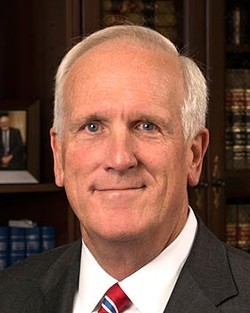



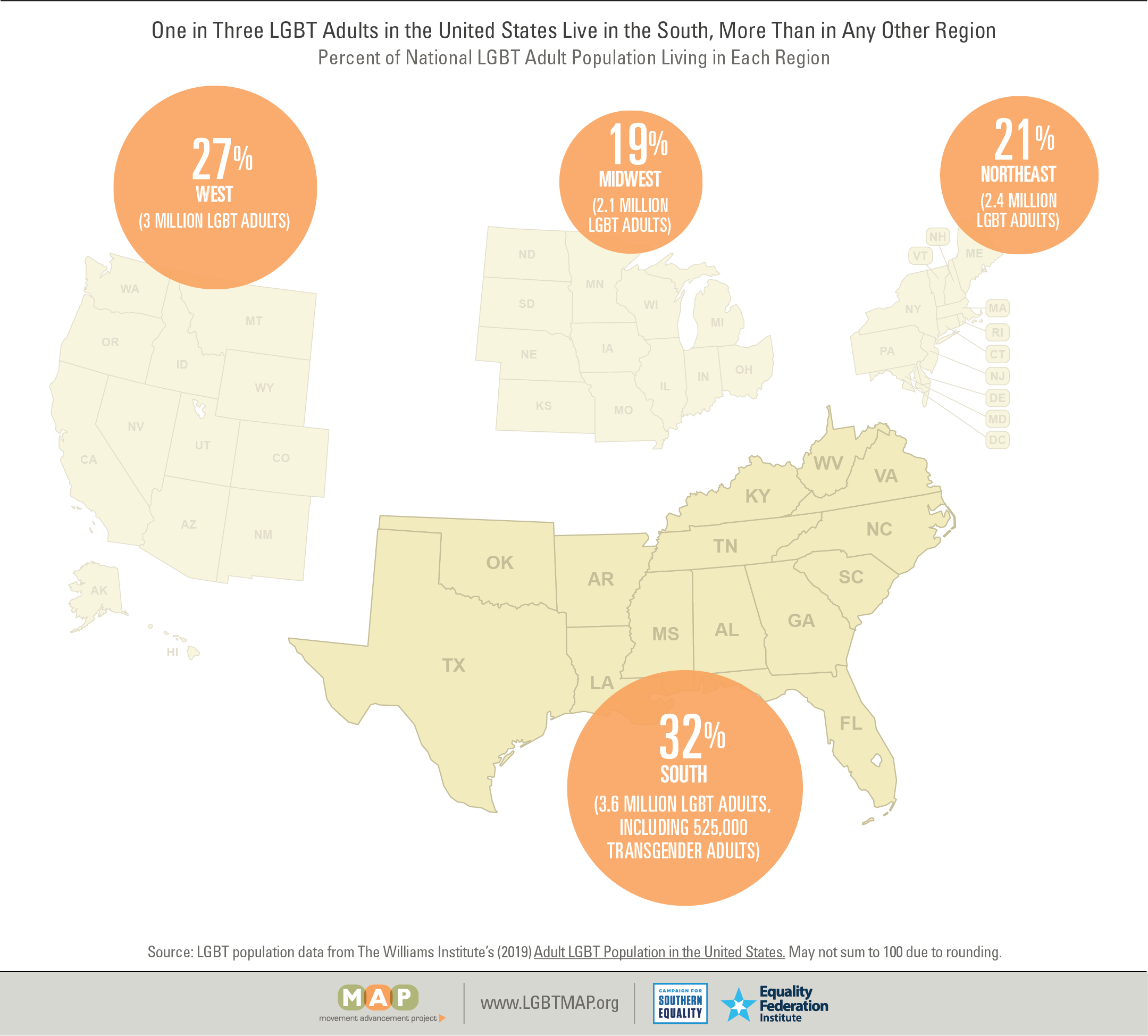 Movement Advancement Project/Campaign for Southern Equality
Movement Advancement Project/Campaign for Southern Equality 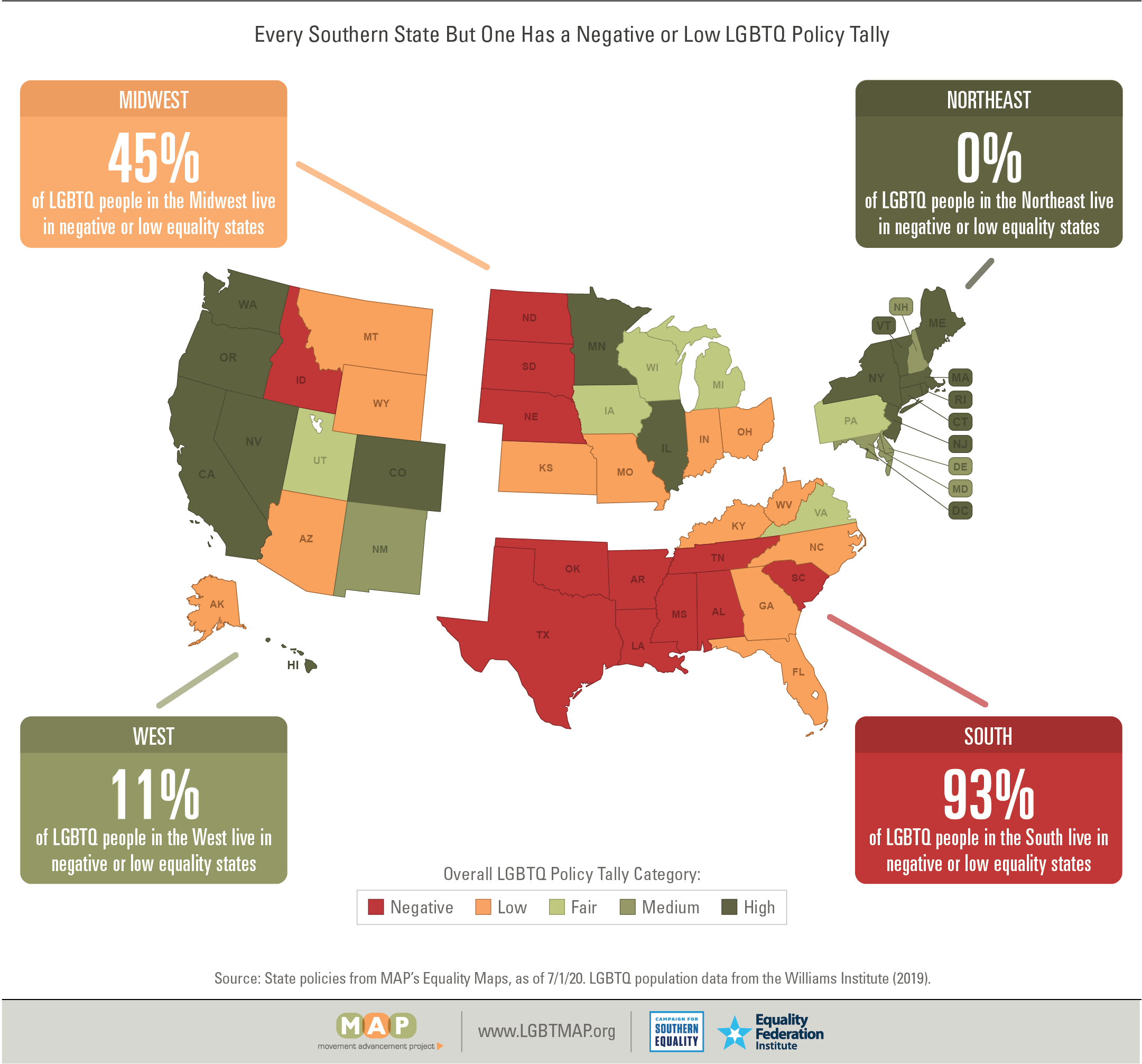 Movement Advancement Project/Campaign for Southern Equality
Movement Advancement Project/Campaign for Southern Equality 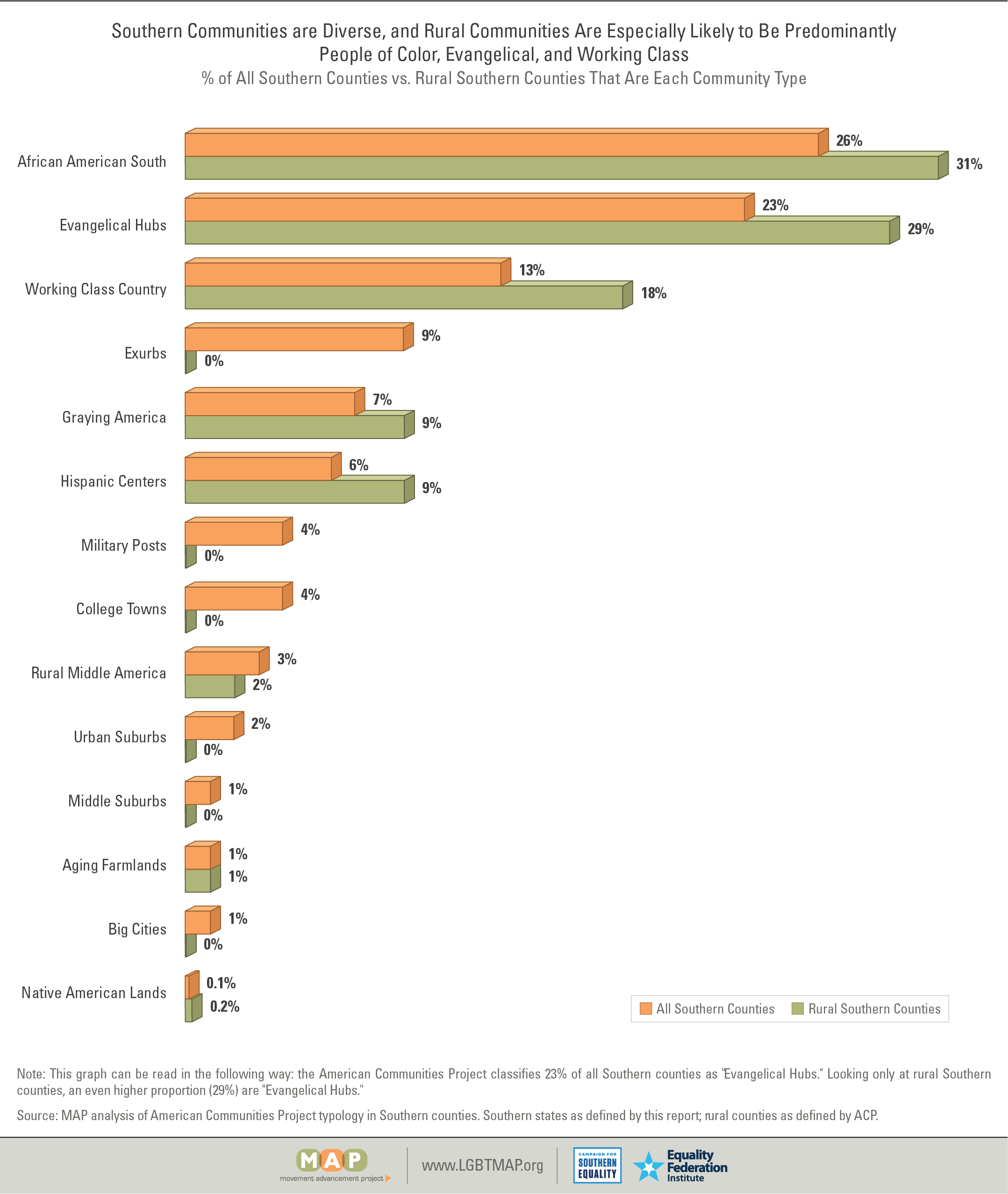 Movement Advancement Project/Campaign for Southern Equality
Movement Advancement Project/Campaign for Southern Equality 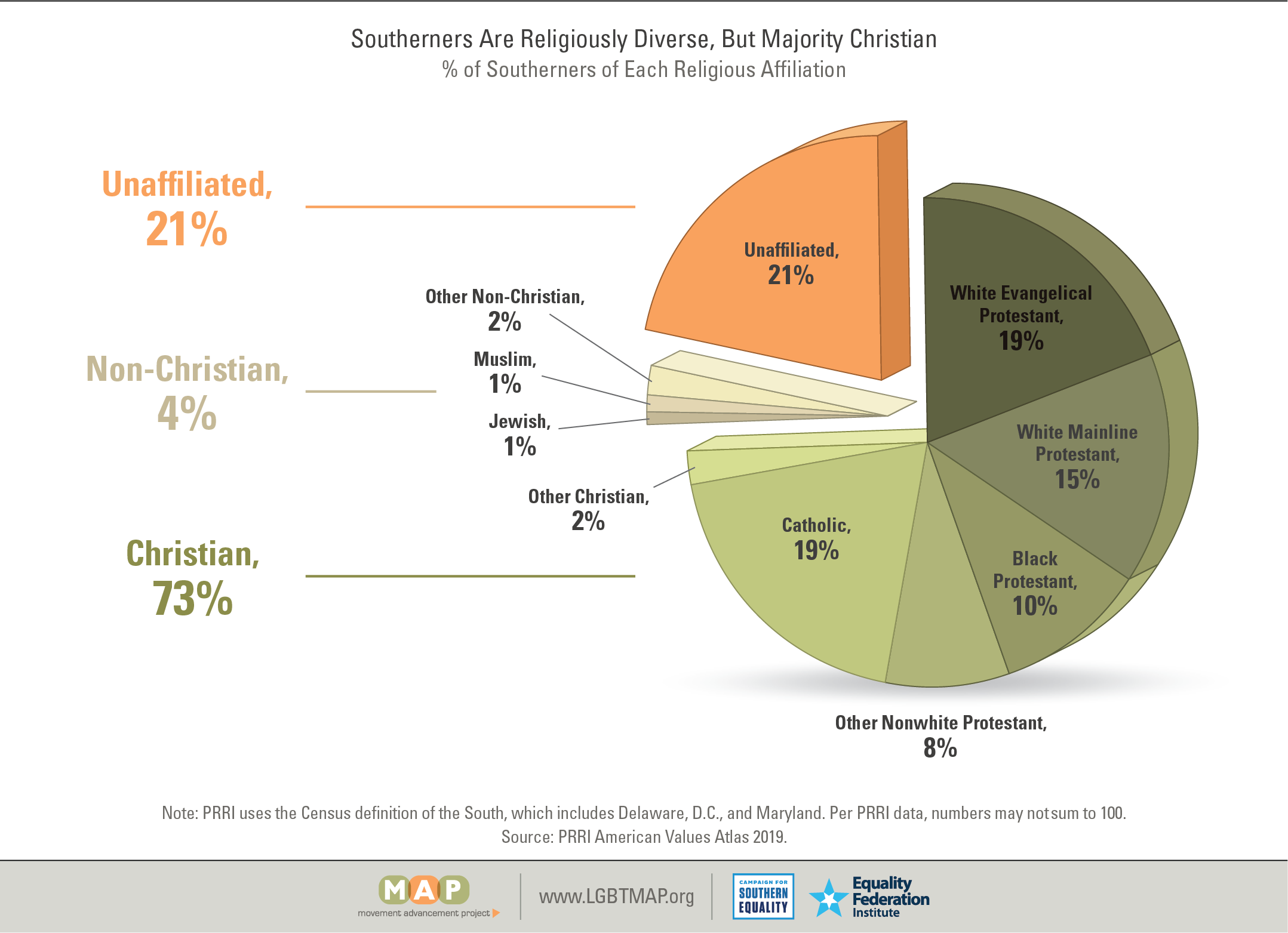 Movement Advancement Project/Campaign for Southern Equality
Movement Advancement Project/Campaign for Southern Equality 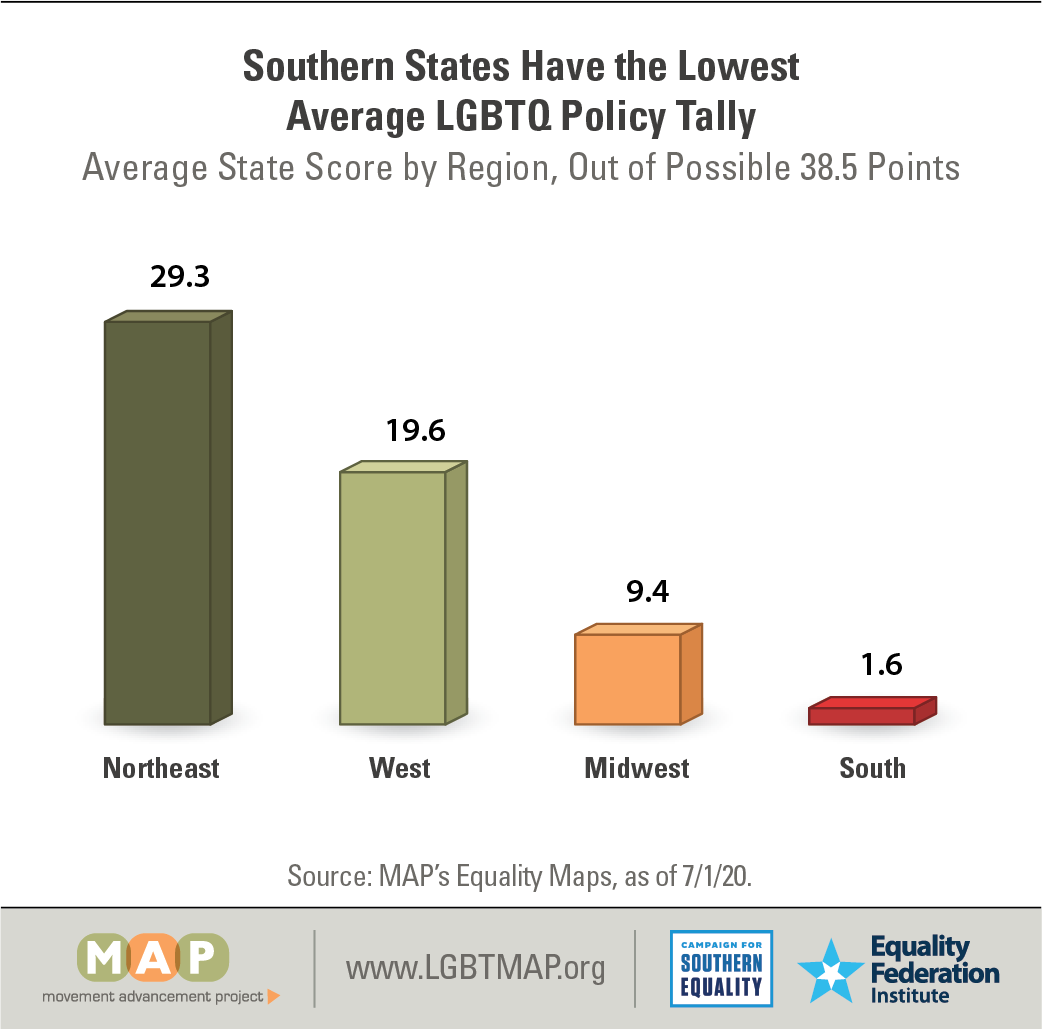 Movement Advancement Project/Campaign for Southern Equality
Movement Advancement Project/Campaign for Southern Equality 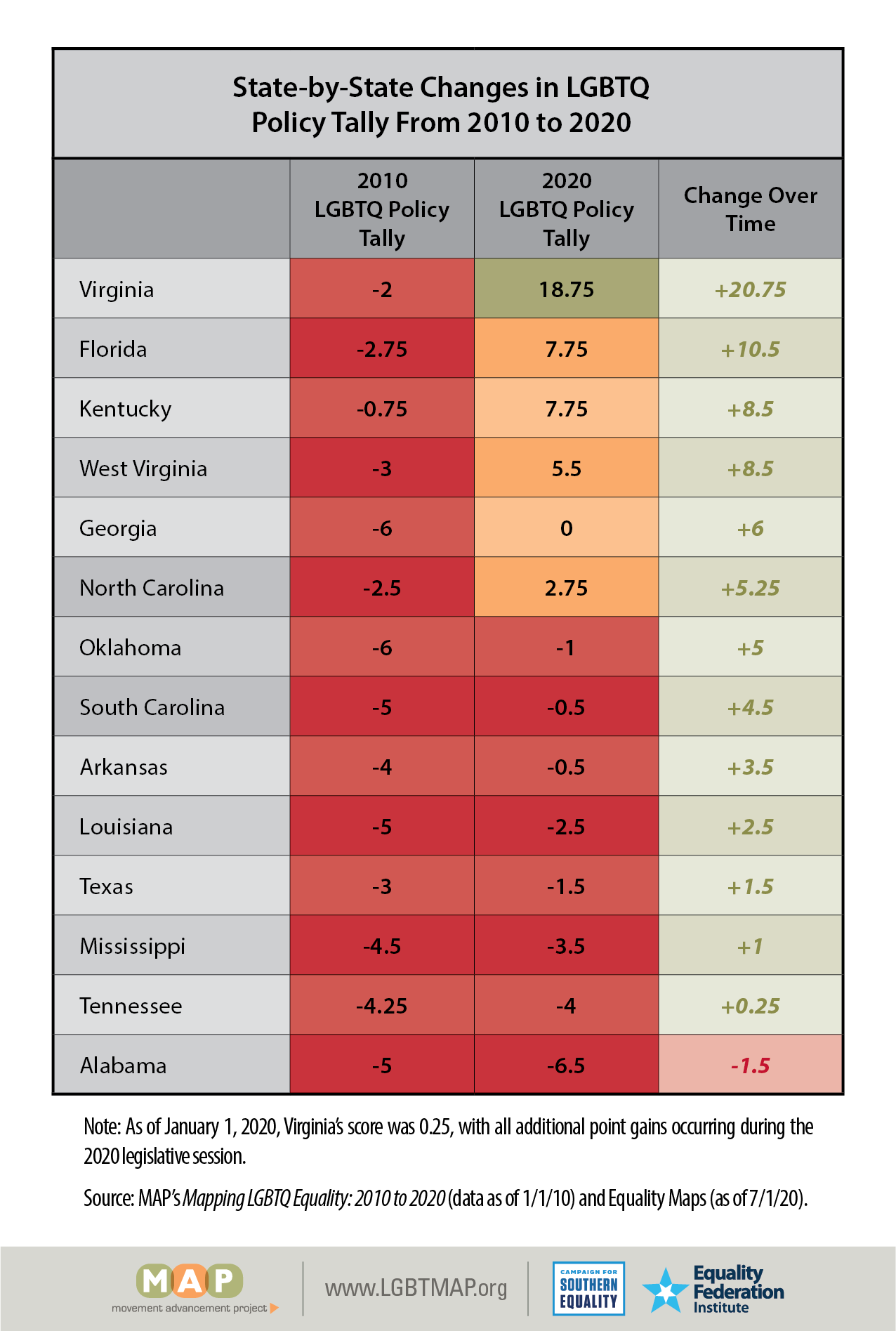 Movement Advancement Project/Campaign for Southern Equality
Movement Advancement Project/Campaign for Southern Equality  Facebook/CHOICES
Facebook/CHOICES  Lambda Legal
Lambda Legal